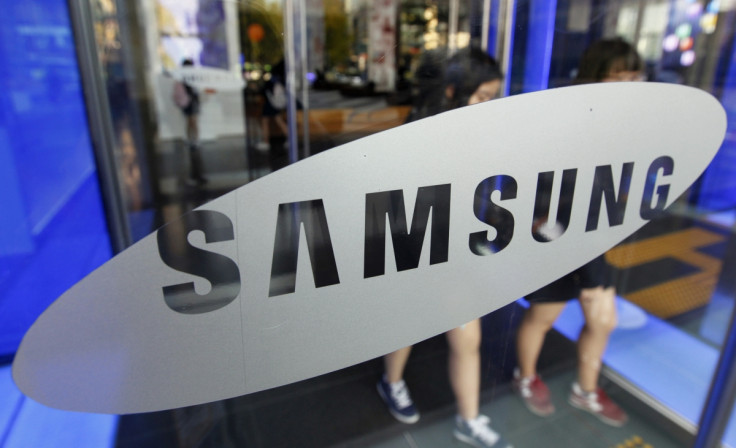Ericsson to Earn Nine-Figure Royalties From Samsung Patent Agreement

Samsung and Ericsson have entered into a multi-year patent license agreement, ending all ongoing legal disputes related to the companies' patent portfolios for both handsets and networking equipment.
Although most details concerning the partnership were not disclosed, Ericsson said the settlement will impact its fourth quarter 2013 sales by SEK 4.2 billion (£400 million) and its net income by SEK 3.3bn.
The license agreement covers patents relating to GSM, UMTS and LTE mobile standards for both handsets and networking equipment.
Ericsson said it is committed to licensing its standard-essential patents on fair, reasonable and non-discriminatory (Frand) terms "for the benefit of the industry," believing this approach "strikes the appropriate balance between incentivising companies to innovate and contribute technology to open standards, and maintaining the overall royalty rates at a reasonable level to allow new entrants access to the market."
The length of the license agreement was not disclosed, but it is to be effective globally and will see Samsung make an initial payment to Ericsson, followed by royalty payments for whenever the South Korean company uses patented Ericsson technology in its products.
Additional patent royalties will be paid to Ericsson from Samsung when the latter settles its dispute with Rockstar Consortium, part-owned by Ericsson.
Samsung enters 10-year patent license agreement with Google
Samsung has also this weekend signed a global patent license agreement with Google, further strengthening ties between the two companies. The global agreement covers a broad range of technologies and business areas, including the two companies' existing patents as well as any filed over the next 10 years.
Allen Lo, Deputy General Counsel for patents at Google, said: "We're pleased to enter into a cross-license with our partner Samsung. By working together like this, companies can reduce the potential for litigation and focus instead on innovation."
Samsung, which is not currently involved in any patent disputes with Google, described the deal as "highly significant for the technology industry...[we are] showing the rest of the industry that there is more to gain from cooperating than engaging in unnecessary patent disputes."
If you can't beat them, just try to make them look bad.
Intellectual property expert Florian Mueller said Samsung's comments "show that the intention here is primarily to make those look bad who enforce their patents," while pointing out that Samsung is embroiled in disputes with Apple, as is Google's Motorola Mobility with Apple and Microsoft.
Despite Samsung and Google each owning a large number of patents, they have struggled to use them to gain much leverage over Apple, Microsoft and others. Mueller suggests news of the 10-year agreement could be described as "If you can't beat'em, just try to make 'em look bad."
Skeptical
Continuing his analysis, Mueller says this announcement makes him "even more skeptical" of the prospects of Apple and Samsung coming to an agreement over patent licensing in the near future. "I believe Samsung would rather announce the really big news of a deal with Apple than engage in a PR ploy with a close ally."
Mueller added that the agreement between Samsung and Google means little, so long as the former continues to primarily produce Android tablets and smartphones. "If Samsung switched to an alternative platform like Tizen, then the agreement might make a difference, but since the scope was not announced, it's possible that Google reserved the right to sue Samsung over non-Android devices."
© Copyright IBTimes 2025. All rights reserved.






















